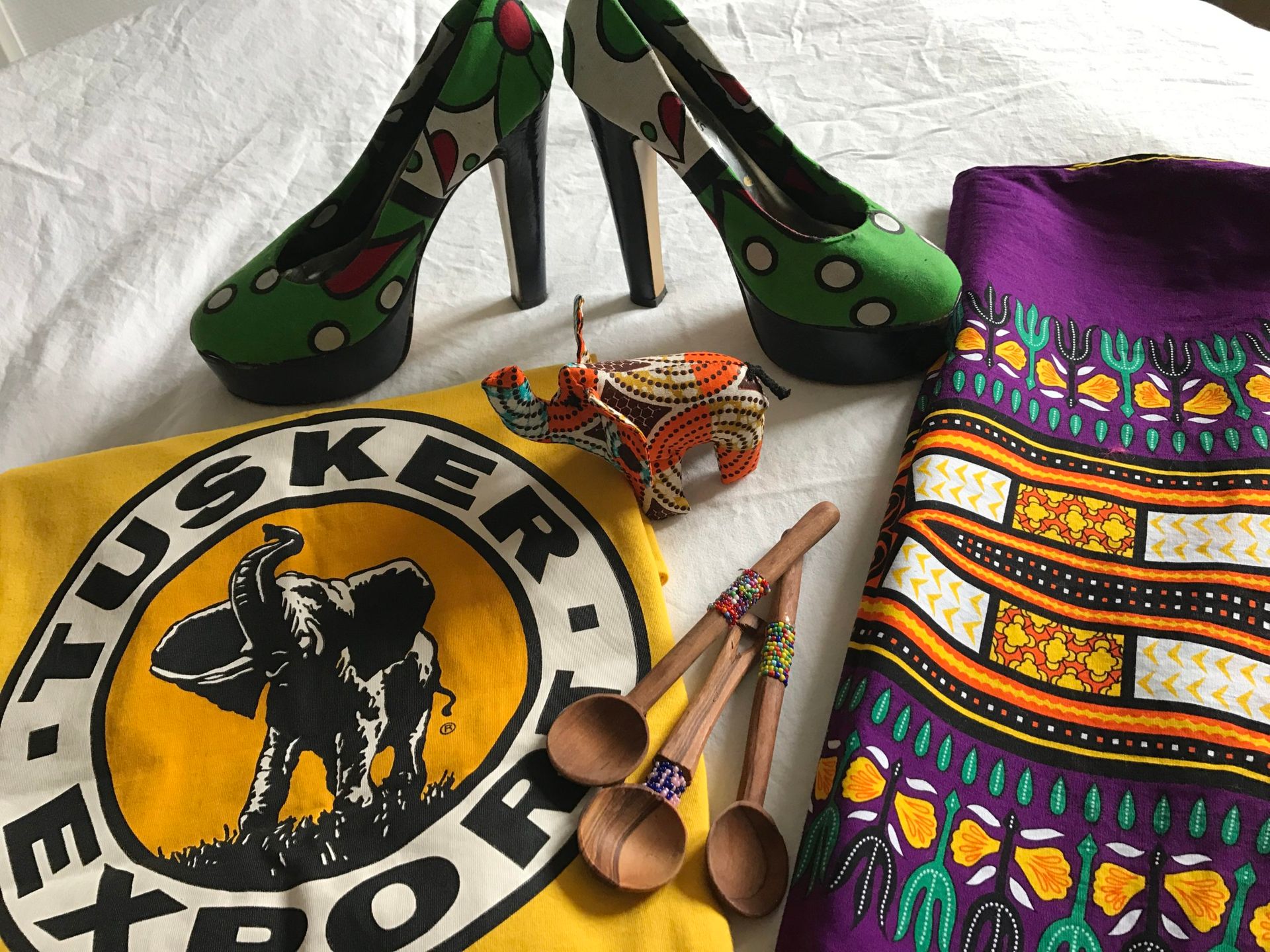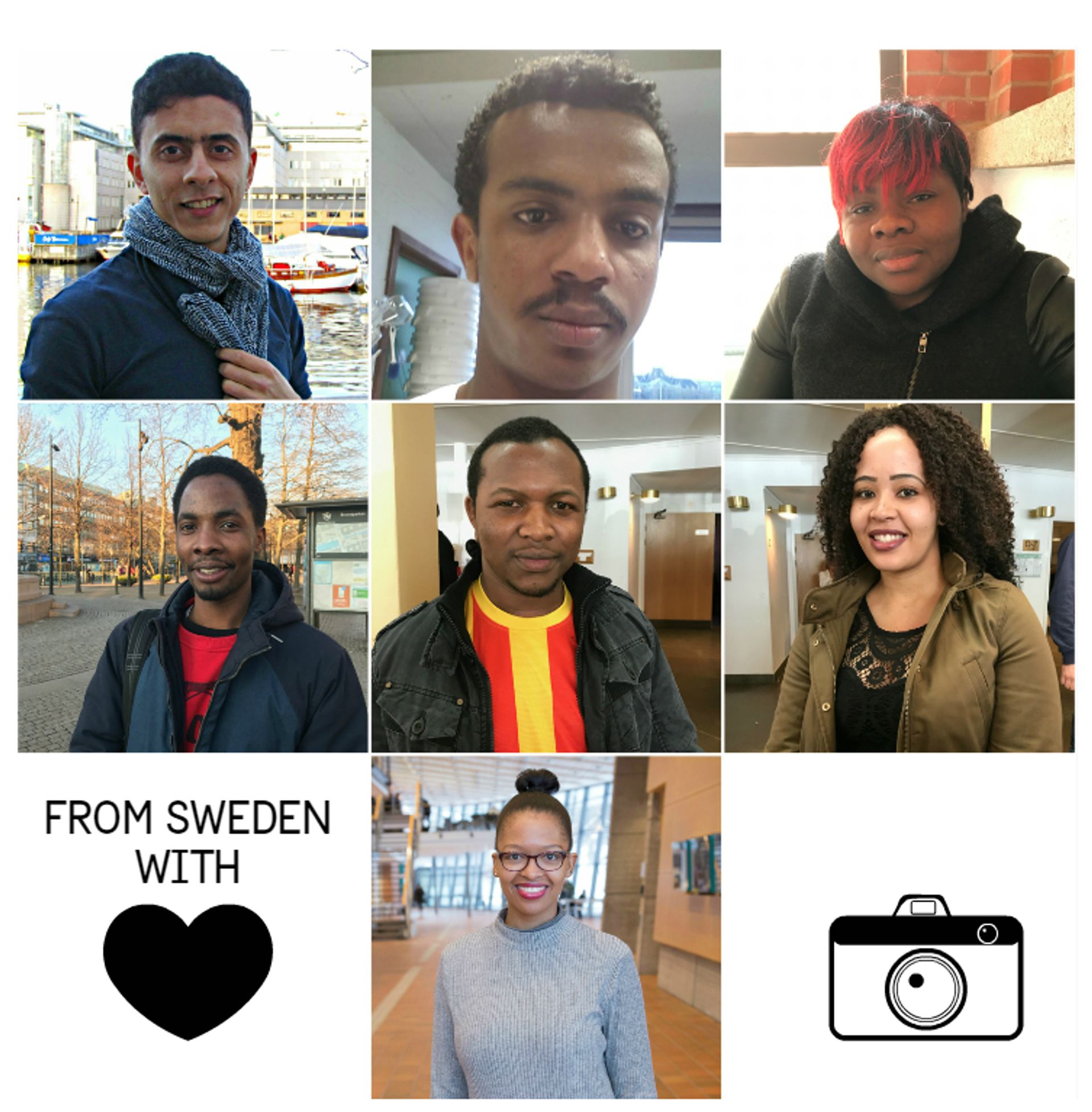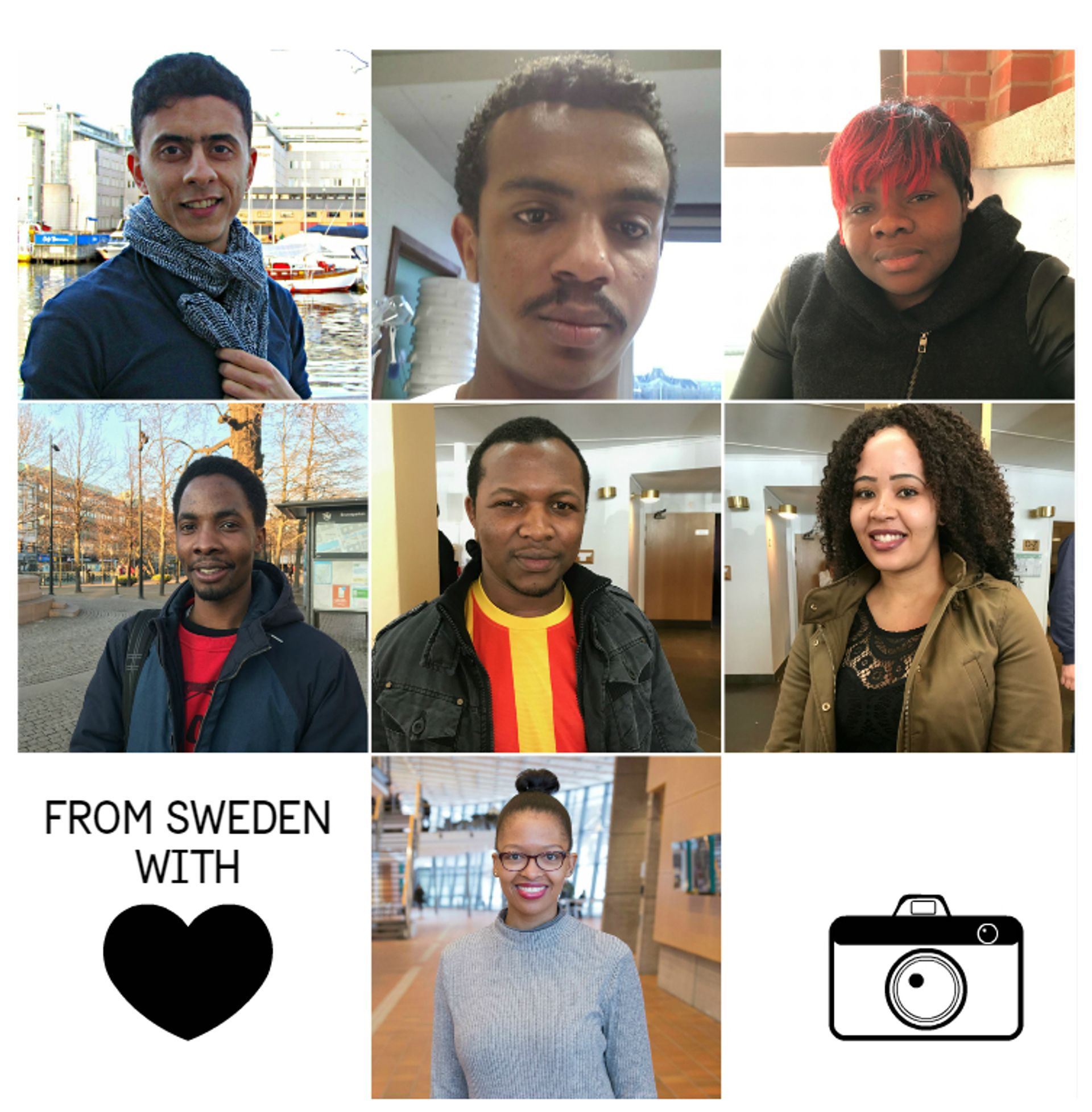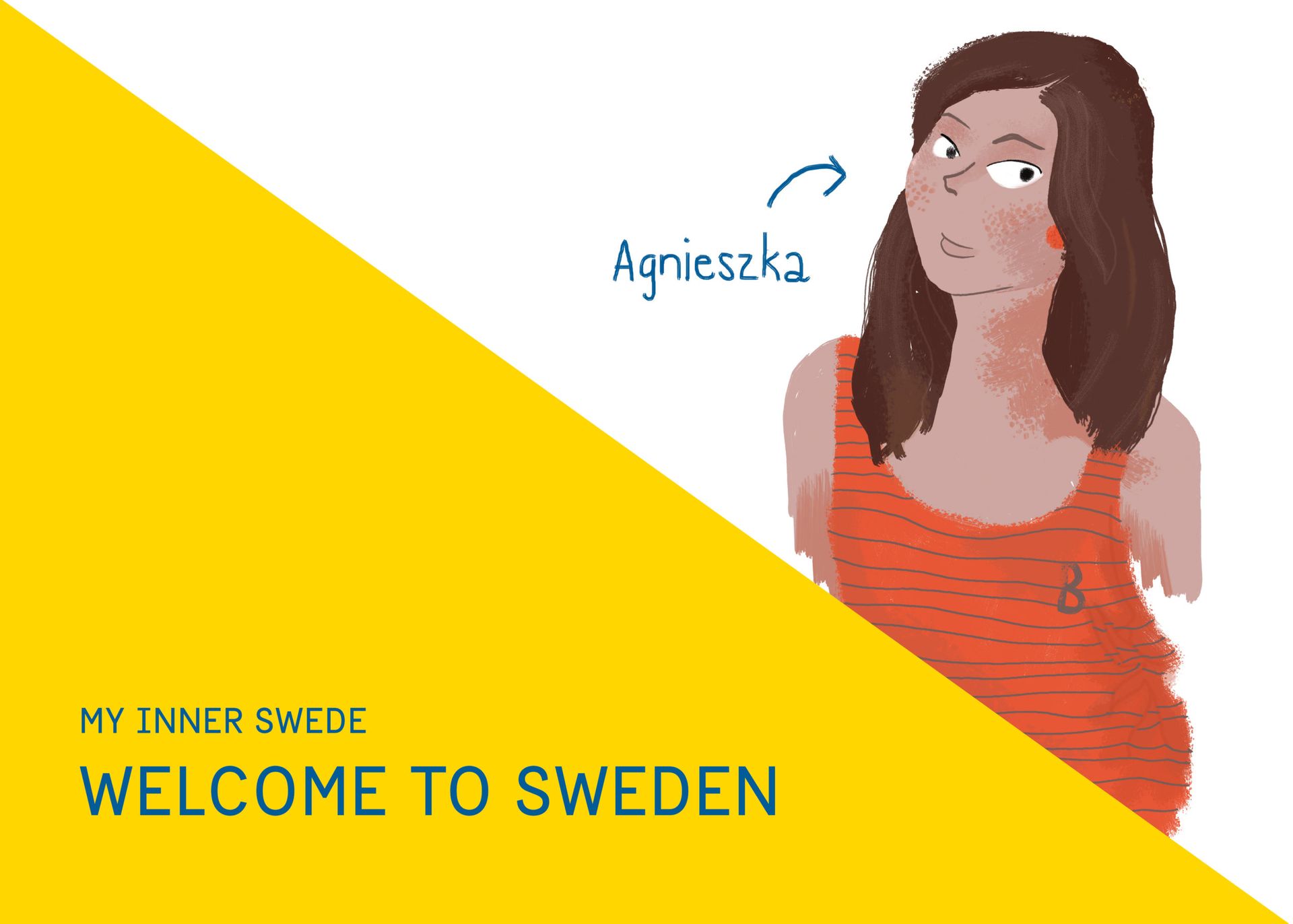
Written by Anita
17 Mar 2017
I’ve been tackling how to best write about this topic. How it feels to a black African student is Sweden.
I have considered everything from doing a meme collage to a video story. However,to start with I thought it would be nice to share a few reflections and experiences.
I get emails asking me questions on everything from how to survive the weather. How to maintain natural hair. If racism exists in Sweden. Or, what to do when you’re craving food from home. So, this post is for you. As well as those who want to get some insight into being a black African student in Sweden.
Coming to Sweden: The African Edition Part 1

Culture
First, let’s just say that I’m realizing that when it comes to Swedish culture, we do things a little ‘say different’. For example saying sorry. Recently, I bumped into a fellow digital ambassador from India and said sorry. I expected a weird response but we both laughed when we realized that we both do it.
Growing up, we were taught that if you bumped into someone, someone dropped something, tripped or fell, you say sorry to kind of convey your empathy. It comes as a gut reaction. I quickly found that in Sweden, people find this odd and keep asking why I say sorry when I didn’t do anything.

Weather
Second, the weather will always be a topic of discussion until the day that I leave Sweden. No seriously. I once overheard some students on a bus discussing a classmate of theirs from Ghana (I think) and how he would go on and on about how the weather was terrible. They couldn’t understand why he wouldn’t just get over it. One thing I can say is that when you are used to sunshine (sometimes rain) and warmth for almost 365 days of the year it’s hard to (just get over it). Yes, it does get cold back home but not like Swedish ‘cold’ or ‘rain’.

Speaking from experiencing my first Swedish winter and -6˚C, I doubt anyone just gets accustomed to it. Even for the second or the third or even the fourth time round. I’ve met other African students who have been here for years and even Swedes who say sometimes even they find it hard to cope. You get accustomed to it but it never becomes ‘normal’, you sort of just build tolerance. So, my advice for experienced winter students is to offer up some tips on how best to cope i.e. layering, exercise etc. when you find someone struggling.

Third, I was kind of expecting this one. All the jokes about being asked how you arrived here? Is it your first time in Europe etc. Funny enough I haven’t encountered too many of these. On the odd occasion at afterwork a random girl will ask me what country I’m from and tell me that I’m making Africa proud. It used to get to me when even my lecturers would say ‘in Africa’. In my head I’d think there are 54 countries each with different stories, histories, cultures, geographies etc. so for me that’s like saying ‘in Europe’. But I take it in stride now and mention that it would be nice to know which specific country. I tended to get defensive in the beginning but now I’m quickly learning to:
‘Share our similarities, Celebrate our differences’
M. Scott Peck

Hair
Finally, I knew coming to Sweden meant less flexibility in terms of hair. I knew I would not be able to get the products I needed or it would be too expensive to get it done in a salon. Thus, I decided to learn how to care for my hair courtesy of YouTube. I did crotchet braids knowing they would last a few months before I decided what to do next. From day 1, I got asked whether it was my real hair or how I dry it when I wash it. At first I enjoyed answering all the questions even from random people who would walk up to me and touch my hair. However, encounters including hair sniffing and unwarranted touching quickly made me draw some boundaries. It’s great to be curious but it’s also good to ask before you touch or approach someone especially if its a stranger.

Take Away and Tips
Take it in stride. Before leaving home,past students from the Swedish Alumni Network in Kenya (SIANK) told us that when we come to Sweden we would not only be representing Kenya but the African continent on the whole. I am beginning to understand that being from a country so far away from Sweden is an opportunity to educate people about a culture, country and continent that is a world away.
The same way I am learning about Sweden and Europe is the same way I’d want Swedes as well as everyone else to know about my home country and Africa.
Here is a post I previously wrote about my study abroad experience coming from Kenya.
Keep reading for Coming to Sweden: African Edition Part II where I will discuss food, music and language.
Follow Study in Sweden on Snapchat for more updates
From Sweden with Love
NB: Disclaimer: This post is based on my perspective and experiences. It is not meant to generalize all African students in Sweden perspectives.



